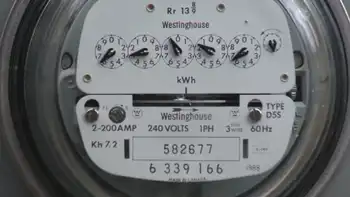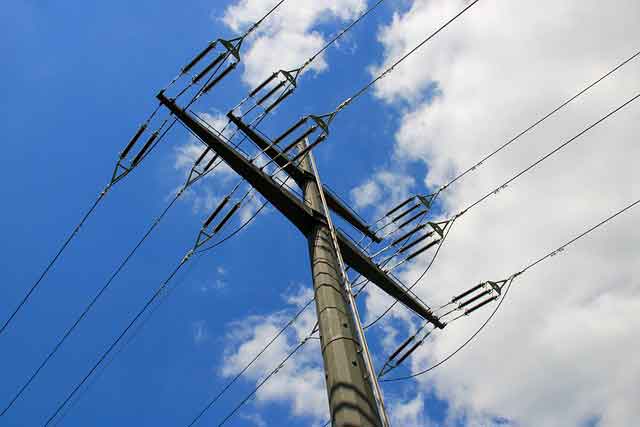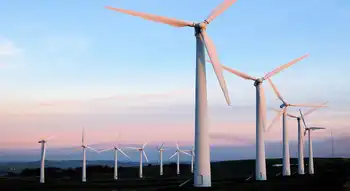Nova Scotia can't order electric utility to lower power rates, minister says

Protective Relay Training - Basic
Our customized live online or in‑person group training can be delivered to your staff at your location.

- Live Online
- 12 hours Instructor-led
- Group Training Available
Nova Scotia Power Rate Regulation explains how the privately owned utility is governed by the Utility Review Board, limiting government authority, while COVID-19 relief measures include suspended disconnections, waived fees, payment plans, and emergency assistance.
Key Points
URB oversight where the board, not the province, sets power rates, with COVID-19 relief pausing disconnections and fees.
✅ Province lacks authority to order rate cuts
✅ URB regulates Nova Scotia Power rates
✅ Relief: no disconnections, waived fees, payment plans
The province can't ask Nova Scotia Power to lower its rates to ease the financial pressure on out-of-work residents because it lacks the authority to take that kind of action, even as the Nova Scotia regulator approved a 14% hike in a separate proceeding, the provincial energy minister said Thursday.
Derek Mombourquette said he is in "constant contact" with the privately owned utility.
"The conversations are ongoing with Nova Scotia Power," he said after a cabinet meeting.
When asked if the Liberal government would order the utility to lower electricity rates as households and businesses struggle with the financial fallout from the COVID-19 pandemic, Mombourquette said there was nothing he could do.
"We don't have the regulatory authority as a government to reduce the rates," he told reporters during a conference call.
"They're independent, and they are regulated through the (Nova Scotia Utility Review Board). My conversations with Nova Scotia Power essentially have been to do whatever they can to support Nova Scotians, whether it's residents or businesses in this very difficult time."
Asked if the board would take action, the minister said: "I'm not aware of that," despite the premier's appeals to regulators in separate rate cases.
However, the minister noted that the utility, owned by Emera Inc., has suspended disconnections for bill non-payment for at least 90 days, a step similar to reconnection efforts by Hydro One announced in Ontario.
It has also relaxed payment timelines and waived penalties and fees, while some jurisdictions offered lump-sum credits to help with bills.
Nova Scotia Power CEO Wayne O'Connor has also said the company is making additional donations to a fund available to help low-income individuals and families pay their energy bills.
In late March, Ontario cut electricity rates for residential consumers, farms and small businesses in response to a surge in people forced to work from home as a result of the pandemic, alongside bill support measures for ratepayers.
Premier Doug Ford said there would be a 45-day switch to off-peak rates, later moving to a recovery rate framework, which meant electricity consumers would be paying the lowest rate possible at any time of day.
The change was expected to cost the province about $162 million.











